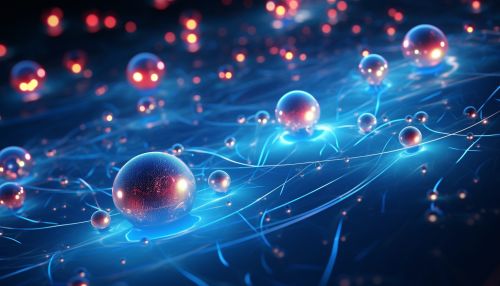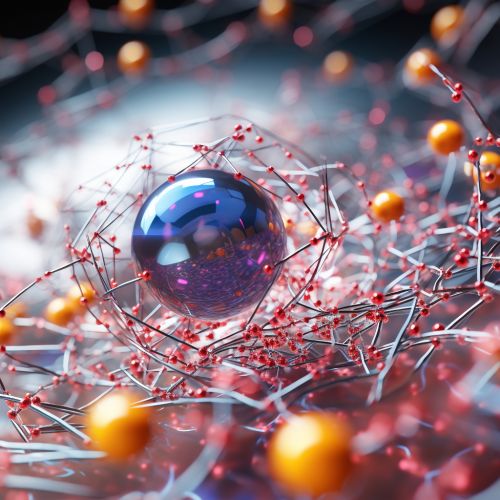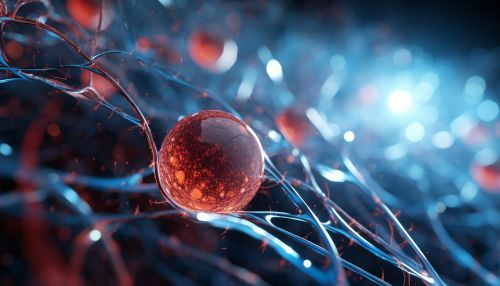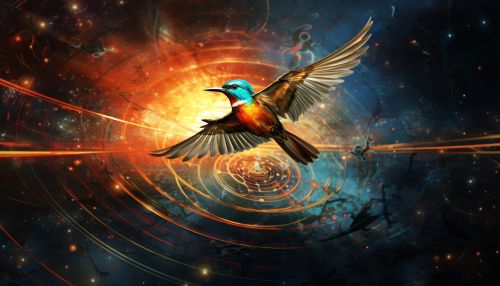The Science of Quantum Biology
Introduction
Quantum biology is an emerging field of science that explores the intersection of quantum mechanics and biology. This interdisciplinary field seeks to understand how quantum phenomena, which are typically observed at the atomic and subatomic levels, can influence biological systems and processes.


Quantum Phenomena in Biological Systems
Quantum mechanics describes the behavior of particles at the atomic and subatomic scale. It introduces concepts such as superposition, where a particle can exist in multiple states simultaneously, and entanglement, where particles become interconnected and the state of one can instantaneously affect the state of the other, regardless of the distance between them. In the realm of quantum biology, scientists investigate how these phenomena could play a role in biological processes.
Photosynthesis
One of the most studied areas in quantum biology is photosynthesis, the process by which plants and some other organisms convert light energy, usually from the sun, into chemical energy. Research has suggested that quantum coherence, a state where particles are able to cooperate due to a shared wave-like existence, may play a crucial role in the efficiency of energy transfer during photosynthesis.


Enzyme Kinetics
Another area of interest in quantum biology is enzyme kinetics. Enzymes are biological catalysts that speed up chemical reactions in living organisms. Some scientists propose that quantum tunneling, a phenomenon where particles can pass through barriers that they shouldn't be able to according to classical physics, might be involved in the way enzymes catalyze reactions.


Quantum biology also explores the mystery of avian navigation. Some birds are known to migrate thousands of miles with remarkable precision. It has been hypothesized that these birds might be using a form of quantum compass, relying on quantum entanglement in a protein in their eyes called cryptochrome.


Challenges and Controversies
Despite the promising insights, quantum biology is not without its challenges and controversies. One of the main issues is the warm, wet and noisy environment inside living organisms, which is thought to be unfavorable for delicate quantum states. Moreover, the experimental evidence for quantum effects in biological systems is often indirect and open to interpretation.


Future Directions
The field of quantum biology is still in its infancy, and much remains to be discovered. Future research will likely focus on providing direct experimental evidence for quantum effects in biological systems, developing theoretical models to explain these effects, and exploring the potential applications of quantum biology in areas such as medicine and technology.


